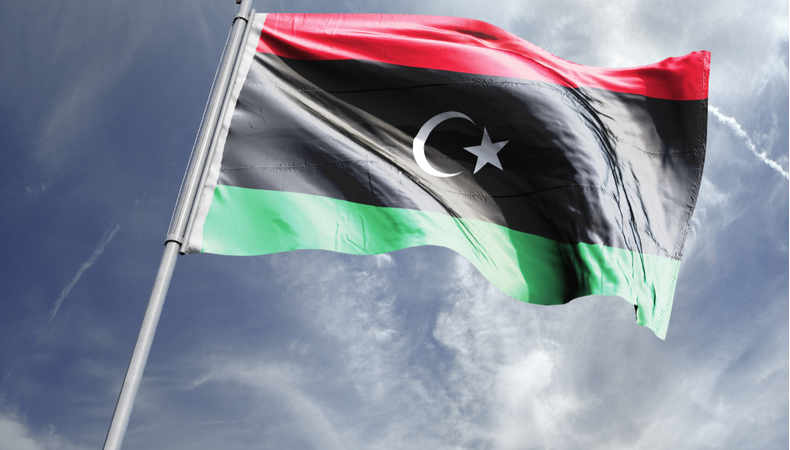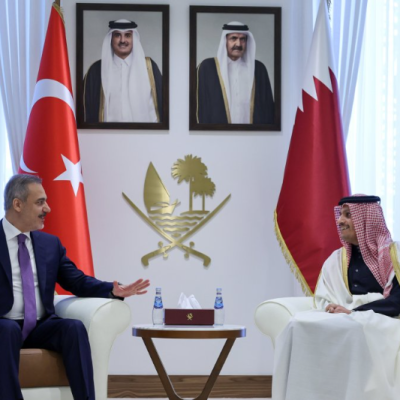New round of dialogue in Geneve, but no progress in the appointment of a new Government for Libya

On Wednesday the Libyan Political Dialogue Forum (LPDF) Advisory Committee met again in Geneve to continue the discussion on the appointment of a new unified Government for Libya with the participation of the Acting Special Representative of the UN Secretary-General and head of UNSMIL, Stephanie Williams. From two months from the Forum in Tunis, the achievement of the 5+5 Joint Military Committee and economic track two days ago in Brega, we have not seen any progress on the selection mechanism of the unified executive authority and the LPDF is stalling.
Stephanie Williams in her welcoming speech said that on the political level, much has been accomplished in Tunis during the LPDF meeting, including the endorsement of the Roadmap for the preparatory phase for a comprehensive solution; the eligibility criteria for executive authority positions; the prerogatives of the unified executive authority; and most importantly, setting a date for the elections, which should take place in 345 days from now. She explained that “this unwavering achievement, this date to return the sovereign decision to its rightful owners, is our top priority”.
But she added that if the LPDF has accomplished a lot, we have not seen any progress on the selection mechanism of the unified executive authority that has to replace the failed Government of National Accord (GNA), today represented by the President and Prime Minister Fayez al-Serraj. The Tripoli-based GNA, in fact, is expired from December 2017 and elections were impossible to achieve in the past years because of war and instability.
Five years after taking office, the government of Fayez al-Serraj, created to facilitate national reconciliation, has become an active part of the conflict. He surrounded himself with militias and armed groups who became the real holders of power in the capital Tripoli, while the east and south of Libya became a paradise for extremist groups until liberation by the Libyan National Army (LNA). General Khalifa Haftar, with the support of the Libyans, launched an operation to liberate Tripoli in April 2019, but after more than a year of fighting he was forced to retreat behind the “red line” of Sirte and Jufra due to the Turkish intervention in support of the Islamist militias in Tripoli.
That has led to a real stalemate that the UN Mission has tried to resolve through political negotiations. Seventy-five Libyan personalities, from each region and social statute, were charged with forming a new executive capable of serving the whole country. As the ASRG recalled yesterday, the Advisory Committee was formed to come up with recommendations about the formation of an interim, unified executive authority that shoulders the responsibility in a participatory manner and not on the basis of power-sharing, as some believed.
“We want a participatory formula where there is no victor no vanquished, a formula for coexistence for Libyans of various origins for a specific period of time until we pass on the torch.” Explained Stephanie Williams.UNSMIL stressed the importance of a Libyan-made solution, not imposed from the outside. After months of discussion the UN envoy affirmed that during the meetings Geneve, the LPDF personalities will not discuss the names of candidates for leadership positions in the unified executive authority, and the Mission will not appoint no one for the executive authority as promoted by some.”
That shows that the stalemate is destined to continue with the risk of blowing up the fragile ceasefire. In recent days, armed groups in the western region have already shown intolerance, asking President Serraj to directly appoint a new government. The more time passes, the more hopes for a UN-led peaceful solution diminish. Especially if we consider that Russia and Turkey continue to be directly involved in the conflict with forces on the ground. The joint military committee had requested that all foreigners leave Libyan territory within 90 days. But after more than two months, mercenaries and advisers are still in Libya.




